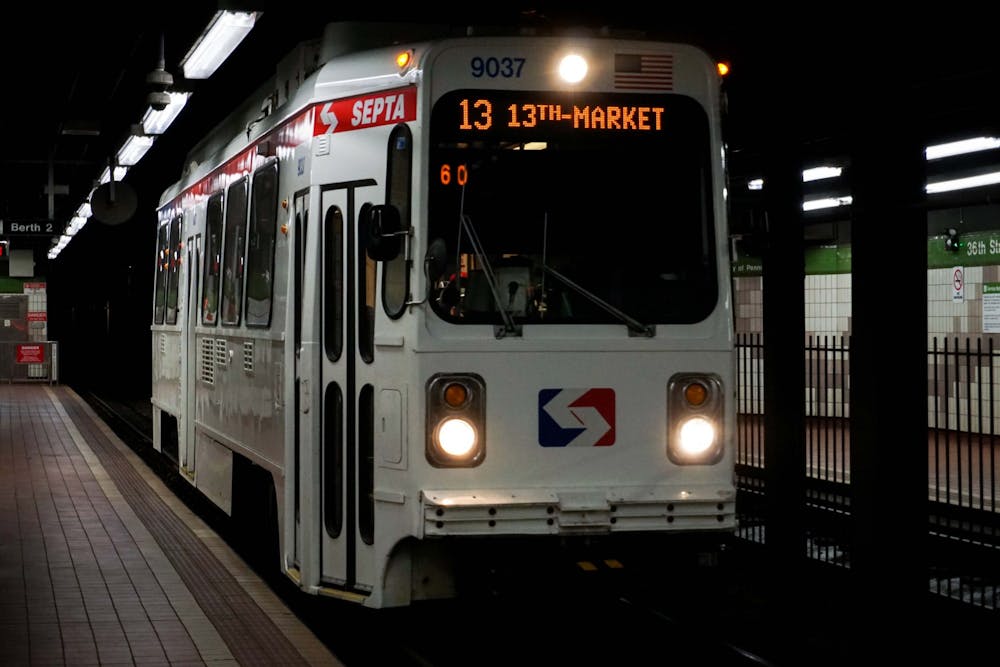
On Sunday, members of SEPTA's largest labor union voted to authorize a strike if a new contract is not signed by Nov. 1.
Transport Workers Union Local 234 — a labor union that serves about 5,000 SEPTA workers, including bus, train, and trolley operators, mechanics, and others — are currently demanding a four-year contract which would include higher wages, paid parental leave, increased police patrols, and retroactive hazard pay for working during COVID-19, The Philadelphia Inquirer reported. If an agreement is not reached with SEPTA officials before the current contract expires at 12:01 a.m. on Nov. 1, workers will go on strike on the morning of Nov. 1.
Lines impacted by the strike include trolley lines, city transit buses, and the Market-Frankford, Broad-Ridge Spur, and Broad Street lines, the Inquirer reported.
SEPTA issued a release on its website advising commuters of the best transit options in the event of a strike. According to the release, LUCY — the SEPTA loop through University City which serves 30th Street Station and other University City locations — will continue to operate, as well as the regional commuter rail, CCT connect, and suburban transit.
In the event of a strike, Penn will partner with Drexel University, the University of Pennsylvania Health System, and the Children's Hospital of Philadelphia to provide free transit services to all employees, University administrators announced in a Wednesday email to faculty members.
During negotiations, transit authority negotiators offered a two-year contract which included COVID-19 payment and a two-year wage increase, or a four-year contract that would base a wage increase on SEPTA's ability to pay, the Inquirer reported. Low ridership due to COVID-19 has caused SEPTA to lose over $1 million a day, and SEPTA officials say they cannot guarantee wage increases beyond the two-year mark.
TWU Local 234’s newsletter previously criticized SEPTA management’s offers for not ensuring wage increases, removing the current no-layoff clause, and decreasing health coverage, among other issues, the Inquirer reported.
A strike would severely impact in-person learning for Philadelphia high school students, and may result in a switch to virtual learning, as nearly 60,000 students are reliant on SEPTA services to attend school.
Similar strikes occurred in 2014 and 2016 following contract expiries as negotiations between union workers and SEPTA stalled.
“We’re going to do everything we can to keep the [SEPTA] system running," TWU Local 234 president Willie Brown told the Inquirer. "But if things break down, we’ll do what we have to do.”
The Daily Pennsylvanian is an independent, student-run newspaper. Please consider making a donation to support the coverage that shapes the University. Your generosity ensures a future of strong journalism at Penn.
Donate






